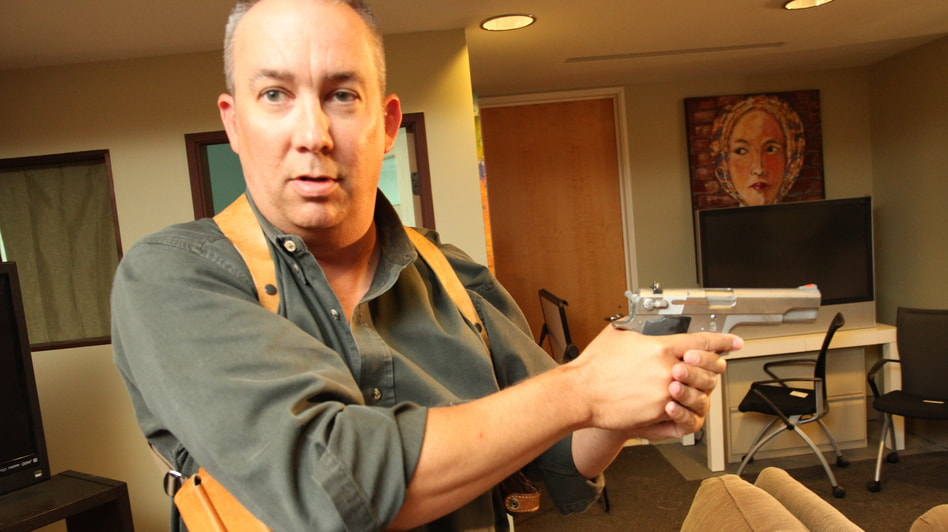Get Your Cop Right

Real Cop Details in Your Fictional World
Reading and online research will give you a general background on how cops operate on a daily basis
.
Knowing a law enforcement officer who is willing to share details about procedures, daily life, worst case scenarios and the like
is gold. Connect with your local law enforcement agency to find a resource. It may take some doing because cops are busy. Perhaps someone on the team can refer you to a recently retired detective who has more available time.
You’ll be on your way to verisimilitude that engages readers and doesn’t get your book tossed because of inaccurate details.
Procedures
.
Procedures vary from big city locations with many personnel
to small town cops who may call in the local sheriff’s department for crime scene details.
Teams that may interact with your fictional cop:
- Crime scene specialists
- Forensics laboratory
- Coroner or Medical Examiner
Wherever your detective is located, make sure he is surrounded
by the right colleagues.
Writer Resources from Real Cops
B. Adam Richardson a police detective does a lot to actively support
writers in getting their facts right from cop lingo to procedures and jurisdiction. Find him at Writer’s Detective Bureau a podcast with the same name, an email newsletter Writer’s Detective APB, and a very active FaceBook group Writer’s Detective Q&A community where you can join with other writers to answer questions.
Lee Lofland conducts the Writers’ Police Academy as well as
his website The Graveyard Shift. And, a group to ask specific questions Crimescenewriter2@groups.io.
Police chief and retired homicide detective Derek Pacifico taught interview and interrogation techniques to law enforcement personnel world wide. He offers a course for writers on how to do the same. Writing Fictional Police Interrogations. His book Writers’ Guide to Homicide gives background and provides insights into what cops do when faced with legal parameters.
The forums and Facebook groups are places for you to get specific answers to details you want to include in your story. Responses come from other law enforcement folks, forensic scientists, and other professionals related to solving crime.
Resources like Derek Pacifico will read chapters and passages from your story to ensure you are representing a true-to-life scenario.
First Hand Research
Every novel takes background research. Mysteries often involve cops as well as civilians. Do the background research to make your story realistic and believable. Your readers will appreciate the work you do.
Zara Altair



